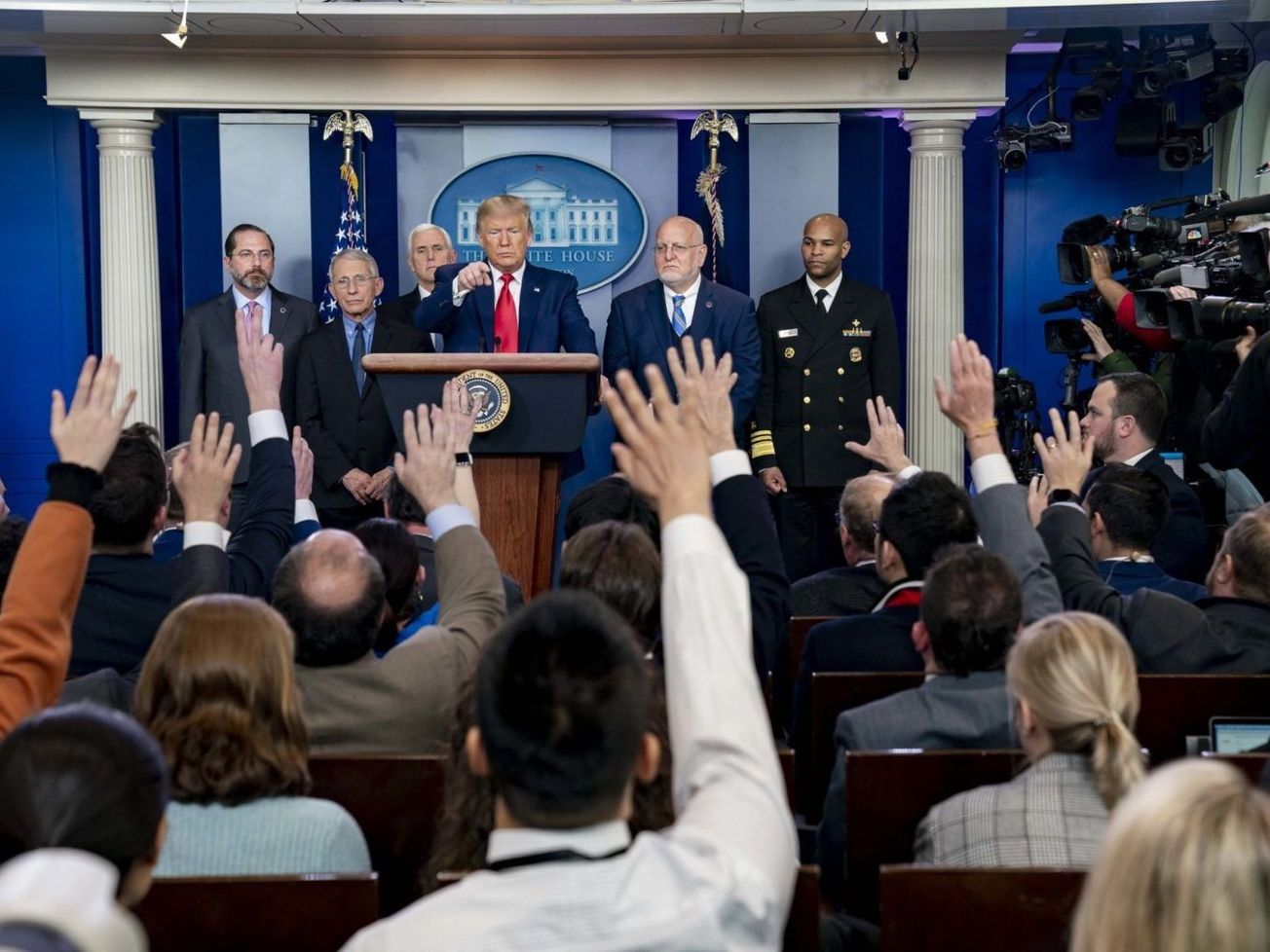WASHINGTON (AN) — Freedom House warned of a continuing decline in global democracy on Wednesday in its 14th annual health checkup that blamed a "leaderless struggle" undercut both by autocratic regimes and populist nationalism.
The U.S.-based international organization, founded in 1941 by prominent Americans such as Eleanor Roosevelt, Wendell Wilkie and Ralph Bunche, sounded the alarm on what it views as a steady erosion of political freedoms and civil liberties around the world.









